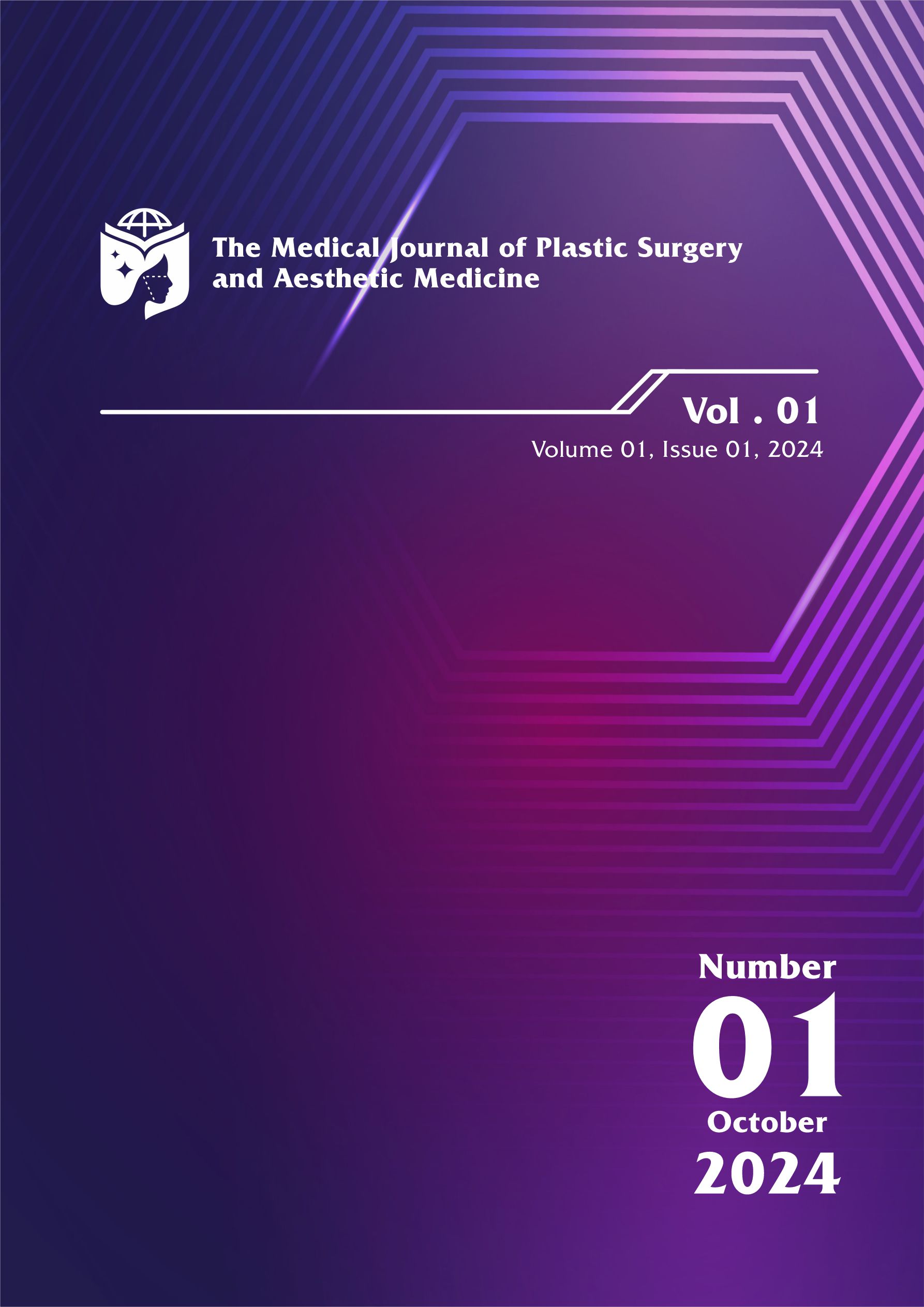A Systematic Review of the Prevalence of Non-Affective Psychosis in Refugee Populations
Main Article Content
Abstract
Background: Amidst the largest refugee crisis since World War II, there has been a growing body of research exploring the effects of forced displacement on mental health. Evidence shows that refugees are at a significantly higher risk of developing non-affective psychosis compared to non-refugee populations. This increased vulnerability is increasingly linked to the traumatic experiences encountered before, during, and after migration, as well as the role of dissociation in coping with these traumas. Methods: Following PRISMA 2020 guidelines, this systematic review focused exclusively on full-text articles published in English between 2014 and 2024. Result: The study conducted a comprehensive review of over 100 publications sourced from reputable databases, including ScienceDirect, SagePub, and PubMed. Following an initial screening, four publications were identified as warranting more in-depth analysis. Consequently, a thorough review of these selected studies was performed to ensure a detailed and rigorous evaluation. Conclusion: The study highlights the need for specialized mental health services and trauma-focused interventions for refugees, emphasizing the importance of culturally sensitive assessment and treatment. Future research should focus on longitudinal studies and investigate trauma and dissociation's influence on psychosis development.

